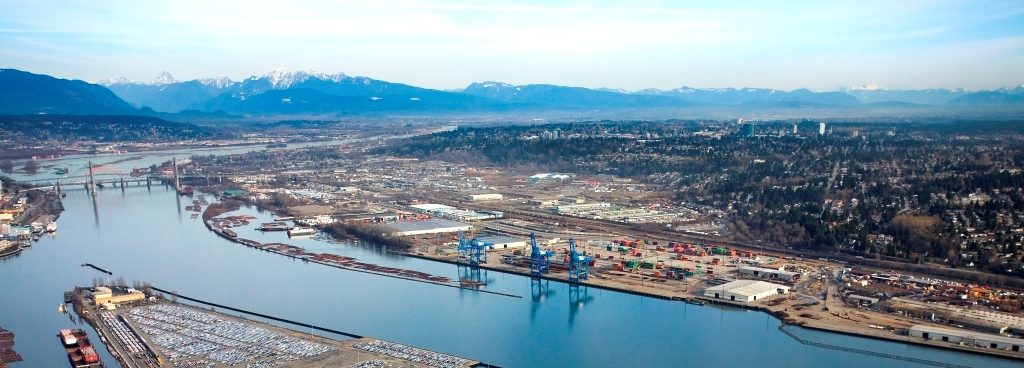Port Approves New Coal Port Despite Overwhelming Opposition
Today British Columbia’s largest nonpartisan democracy group called on local and provincial officials to stand up for B.C. after Port Metro Vancouver approved a permit for Fraser Surrey Docks to build a U.S. thermal coal transshipment facility.
“The provincial government has the responsibility to live up to its climate targets and protect the health of British Columbians,” said Laura Benson, Director of Dogwood Initiative’s Beyond Coal campaign. “The Premier has said BC should help wean China off dirty energy sources like coal, but her government is turning a blind eye while the federal port authority gives the dying U.S. thermal coal industry a free ride through B.C. on its way to Asian power plants.”
“This decision is particularly devastating after Monday’s ruling by regulators in Oregon that rejected a very similar proposal to ship coal on the Columbia River,” Benson added. “It would appear that Oregon officials take their accountability to the public seriously, while in B.C. our port authority and the provincial government bend over backwards to accommodate dangerous coal shipments.”
Before proceeding with construction on its coal facility, Fraser Surrey Docks must now obtain an air emissions permit from Metro Vancouver. Metro Vancouver’s Air Quality Division is expected to conduct a public meeting and a 30-day public comment period for the air permit application and request a full health impact assessment before making its decision.
“Thankfully, the next steps rest with Metro Vancouver – a regional government that’s responsive and accountable to residents. We’re confident local officials will stand up for the health of their neighbours, communities and the global climate – even if the port and the province won’t,” Benson said.
So far 26,692 people have signed Dogwood Initiative’s Beyond Coal petition. Taken together with other organizations that means nearly 40,000 British Columbians are opposed to further expansion of U.S. thermal coal exports in B.C.
“Leading up to the November municipal elections, Dogwood Initiative will work with other organizations to ensure elected candidates are champions for local decision-making power over fossil fuel export projects,” Benson said.
The port’s consultation leading up to today’s approval was an insult to British Columbians living along the coal route who are worried about breathing in toxic coal dust and diesel fumes. The proposal faced mounting calls for public hearings and a health impact assessment covering the full scope of the project from 13 municipal and regional governments, as well as hundreds of businesses, doctors, health experts and B.C.’s own Medical Health Officer.
The port shut concerned British Columbians out of the decision-making process and the province went so far as to approve a related permit for the Texada Island side of the transshipment project without informing local First Nations, the regional government or the public about the approval.
“Shouldn’t there be a fair democratic process when our health, air, food crops, waterways and fisheries are at risk?” Benson asked.
The Fraser Surrey Docks facility would eventually move up to 8 million tonnes of thermal coal from the U.S. Powder River Basin to Asian power plants every year, nearly doubling the amount of American thermal coal shipped through B.C. ports.

